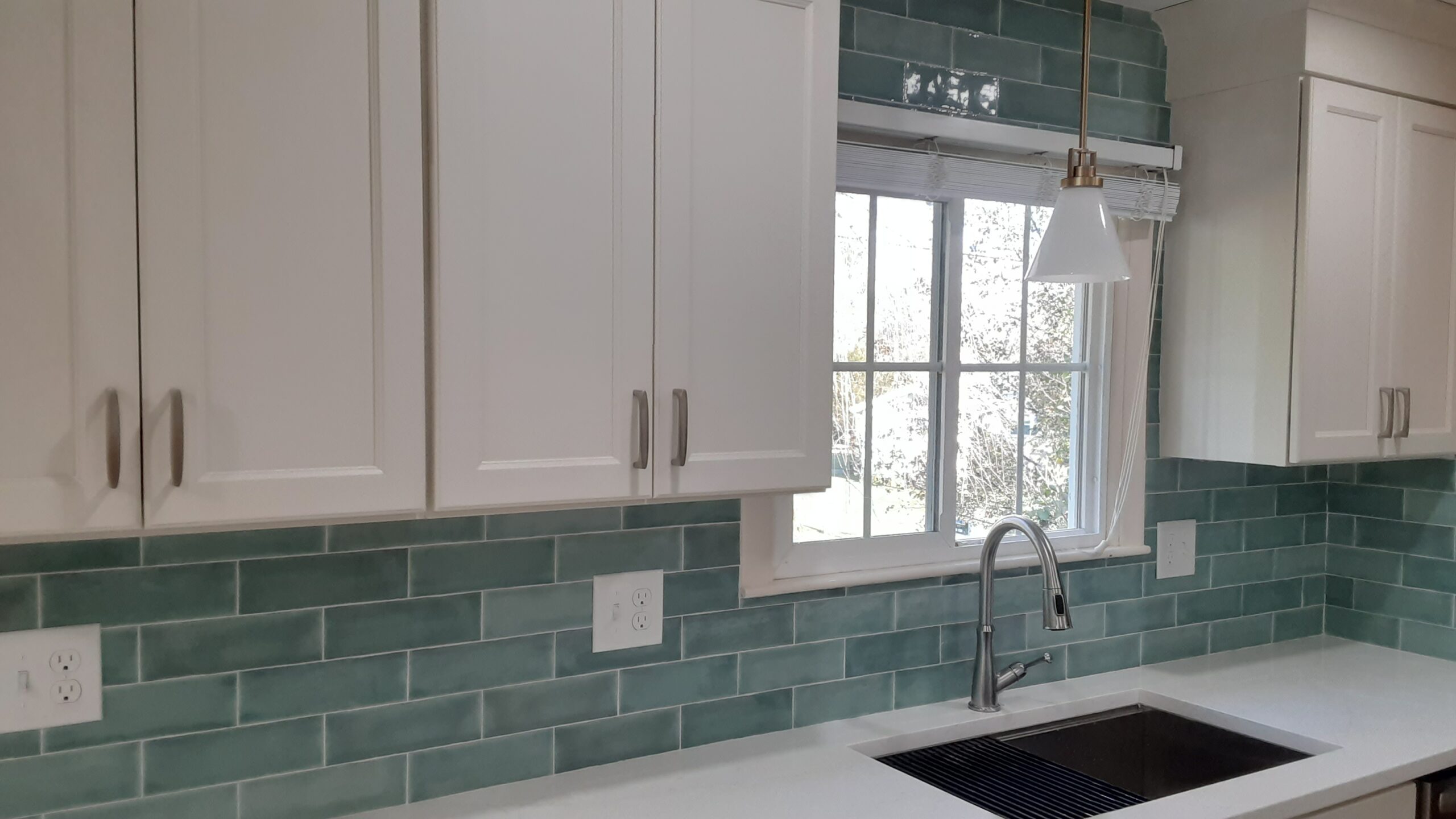The pros and cons of ceramic tile
Ceramic tiles are crafted from a mixture of clay, sand, and other natural materials. Afterward, they undergo high-temperature firing to produce a hard, robust surface suitable for various applications, such as floors, walls, countertops, and backsplashes.
In this article at SAVU LLC we will discuss the pros and cons of ceramic tile.

Ceramic tile pros:
Here are some of the main benefits of ceramic tiles:
1. Durable
Manufacturers enhance the durability of ceramic tiles by firing them at high temperatures, which makes them hard and strong. Consequently, they can withstand regular use and foot traffic without showing signs of wear or damage.
2. Easy to clean
The smooth, nonporous surface of ceramic tiles makes them easy to clean, as they resist dirt, grime, and stains effectively. This quality renders them ideal for kitchen backsplashes.
3. Resistant to water and stains
Ceramic tiles boast resistance to liquid absorption, thereby decreasing susceptibility to spill damage. Their smooth, nonporous surface actively repels stains, rendering them ideal for high-traffic areas such as kitchens, bathrooms, and entryways that are prone to spills and stains.
4. Wide range of colors, styles, and textures
Ceramic tiles offer a wide array of colors, styles, and textures, providing versatility to match any design preference, from traditional to modern. They can be glazed or unglazed, polished or textured, offering endless options for customization.
The major tile manufacturers in the U.S. include:
- Armstrong offers one of the largest ranges of ceramic tile that can fit any budget.
- Daltile offers ceramic tile that mimic pricey marble, at a much lower price.
- Mohawk Ceramic Tile offers a wide range of products for both residential and commercial applications.
- Marazzi Tile is a great tile manufacturer that offers a wide range of high-end tiles in all categories.
- Shaw Floors is known for offering a good selection of both ceramic and natural stone tiles.
Ceramic tile cons:
Here are some potential drawbacks ceramic tiles:
1. Can break or chip easily
Due to their composition of a relatively brittle material, ceramic tiles can break or chip easily. Therefore, extra caution is necessary when cutting, handling, and installing them to prevent damage.
2. Can be slippery when wet
The smooth, nonporous surface of ceramic tiles simplifies cleaning but can pose a slipping risk when wet, particularly in moisture-prone areas like bathrooms and kitchens. To mitigate this risk, it is advisable to thoroughly dry tiles after cleaning, utilize mats in high-traffic zones, and contemplate textured or matte finishes for enhanced traction.
3. Can be cold
Ceramic tiles may feel cold and hard, causing discomfort during prolonged standing or walking, particularly in barefoot areas like bathrooms and entryways. To address this issue, consider installing a heating underlayment system, which can provide warmth and enhance comfort.
4. May not be suitable for outdoor use
Ceramic tiles exhibit versatility for indoor applications but may not withstand freezing temperatures when used outdoors. Temperature fluctuations can lead to cracking as a result of water expansion during freezing conditions.